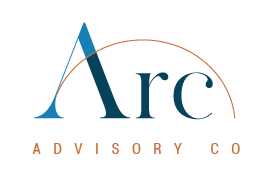Did you know that talent development and organizational performance are interlinked? According to reports from McKinsey Global Survey, talent management has positive effects on businesses.
The term talent refers to the sum of a person’s abilities. It includes your intrinsic gifts, skills, knowledge, experience, intelligence, judgement, attitudes, character, and drives. Talent management in organizations entails a management system used to identify, capture, utilize, develop, grow, and nurture the talent of employees to the benefits of the organization. It entails positioning the right people in the right jobs. This is done to ensure that employees maximize their talent for the optimal success of the organization.
To promote talent development, you need to capitalize on the strengths and abilities of your employees, helping them to become stronger and grow within your company. Here are some strategies you can employ to attain talent development in your organization.
- The Organizations’ Leadership
The best leaders are the ones who are committed to talent development of all employees. Simply put, leaders are responsible for developing the talent in an organization.
- Create talent development initiatives that work
Initiatives that work start with a training needs analysis. It should be delivered in the best manner possible according to the type of skill being developed.
- Looking within
All the skills you need may be already within your payroll. A good strategy to develop talent is showing your employees that you are committed to them not only in their career but also in their all-round development.
- Have built-in coaching opportunities
Leaders this one is for you. You are required to coach and regularly check in with employees as part of talent development.
- Development Culture
Whatever your overall goal may be, ensure your company’s mission and goals are clearly communicated. This goes a long way towards the next step of culture building.
In simple terms, training and development of talent means;
- Recognizing the interests and abilities in your employees
- Targeting specific areas of strength and employee interest
- Placing employees in areas they are best suited
- Looking at how they can thrive over time
- Creating talent development initiatives to ensure growth
It might be hard to believe, but there is a good chance that some of the best talent for your business is right under your nose. If done successfully, your organization will operate more efficiently by leveraging talent. In addition, it will ensure the success of your organization.
Author:
Cornelius A. Dowdell, MBA
Cornelius provides Human Capital Management and Talent Development guidance to privately owned businesses. He can be reached at 404.250.3221 or cdowdell@arcadvisory.com

